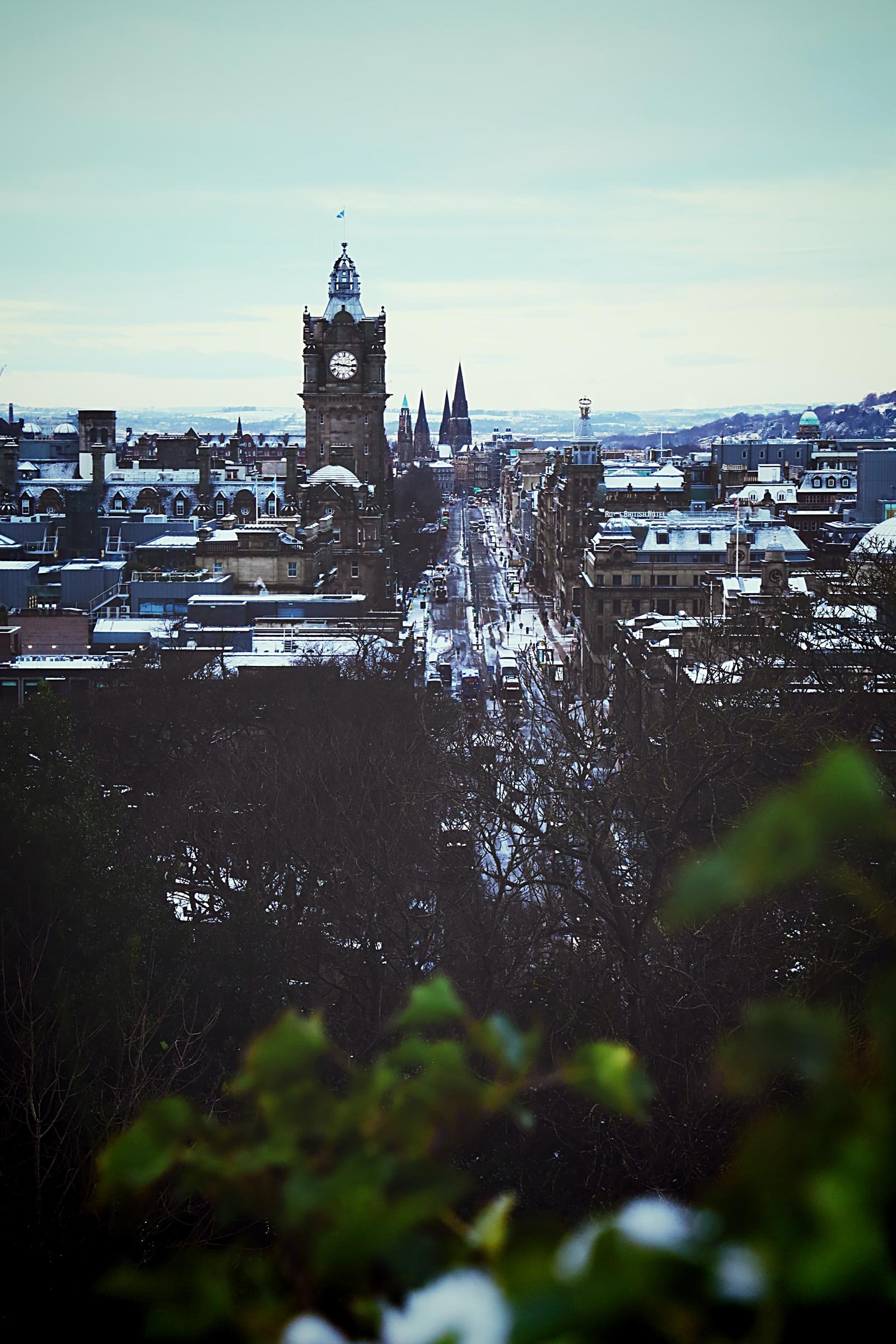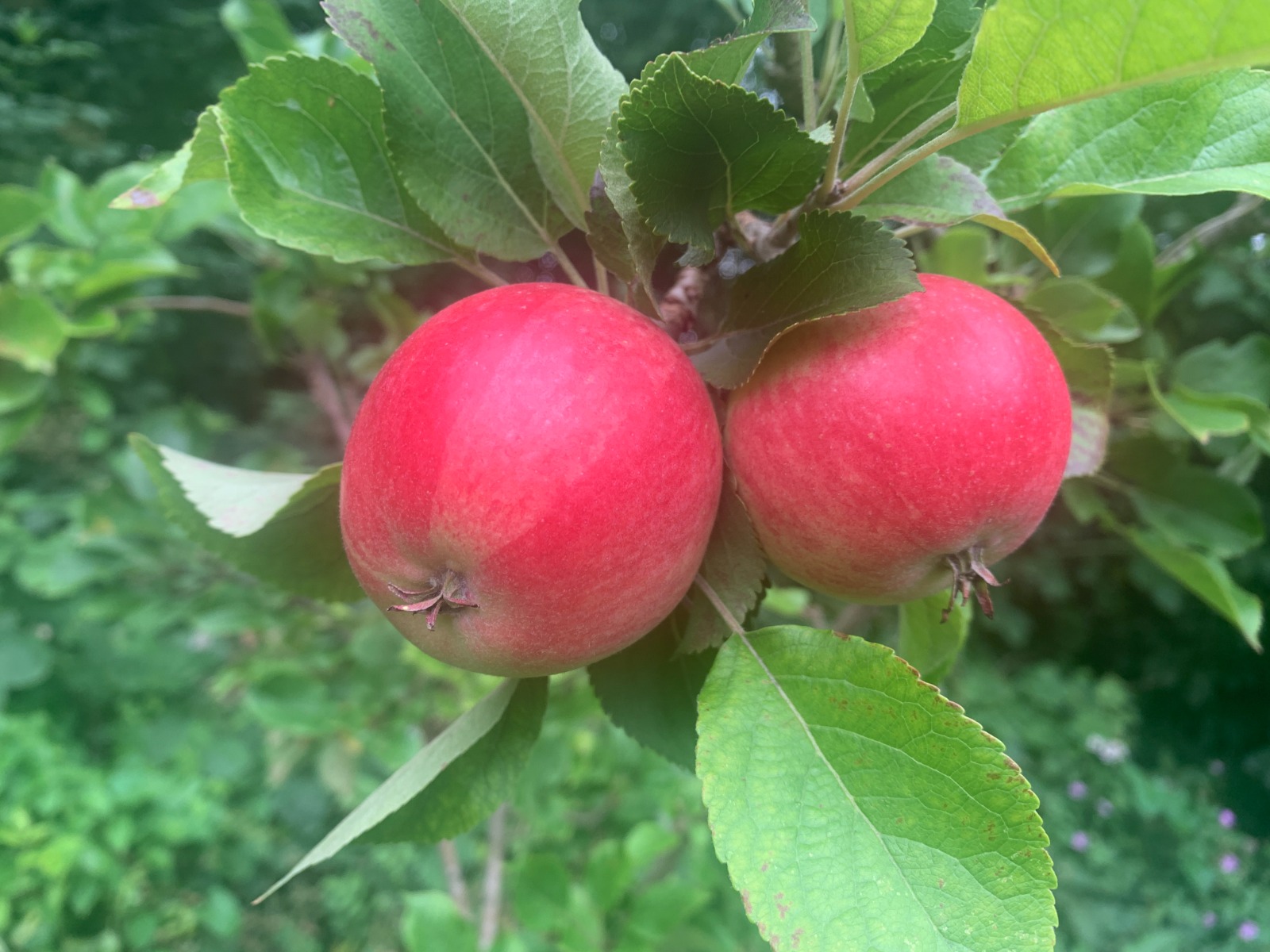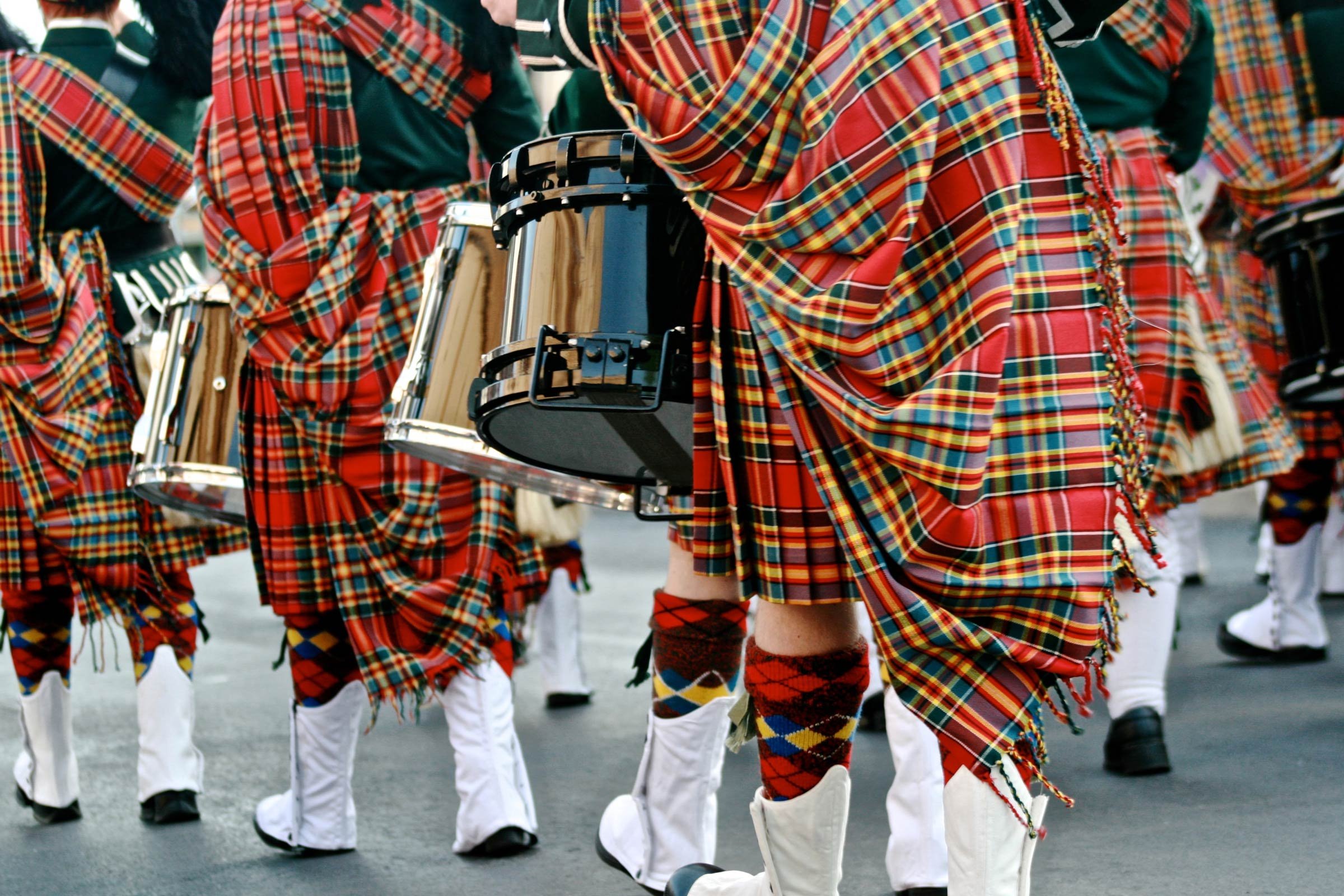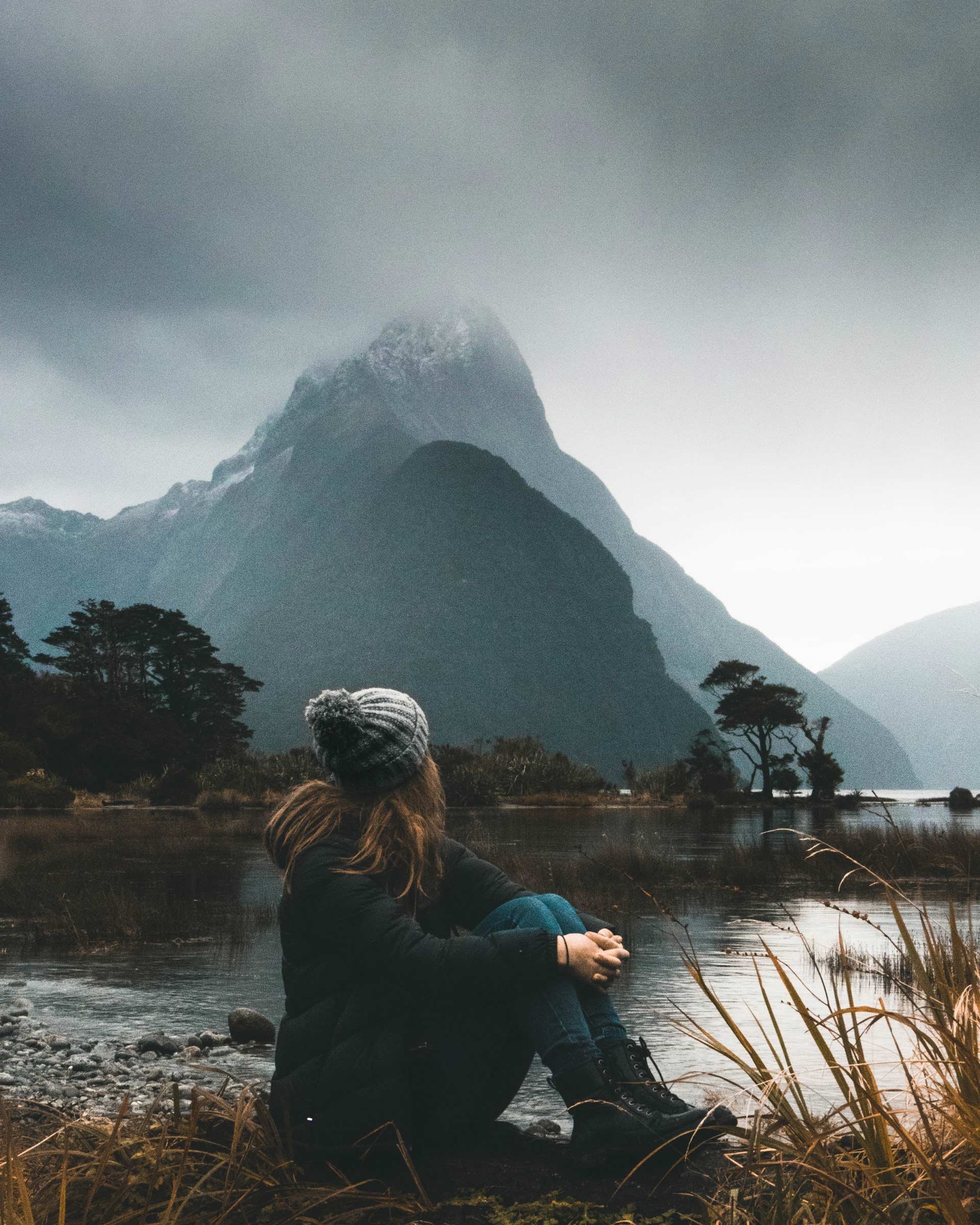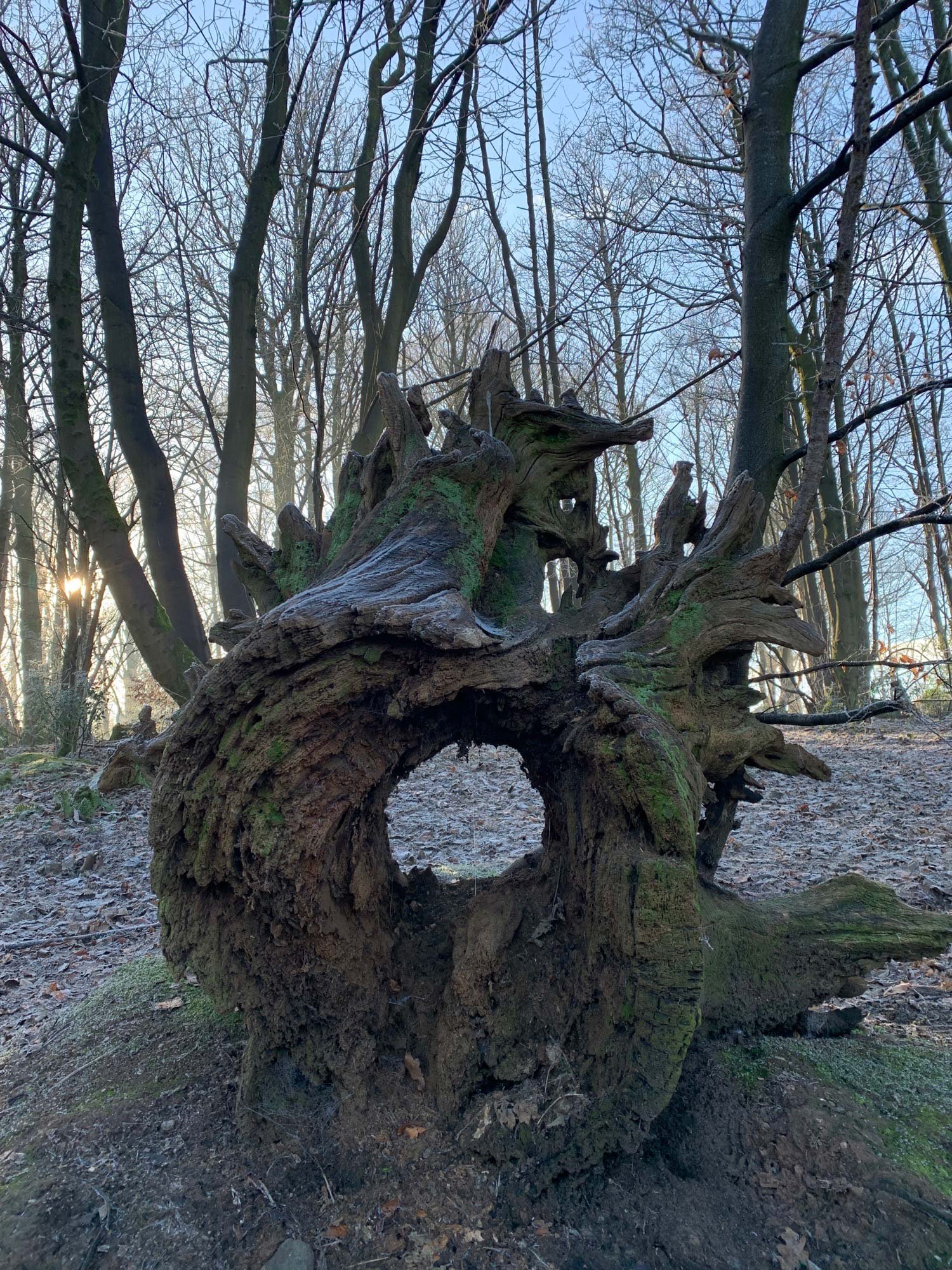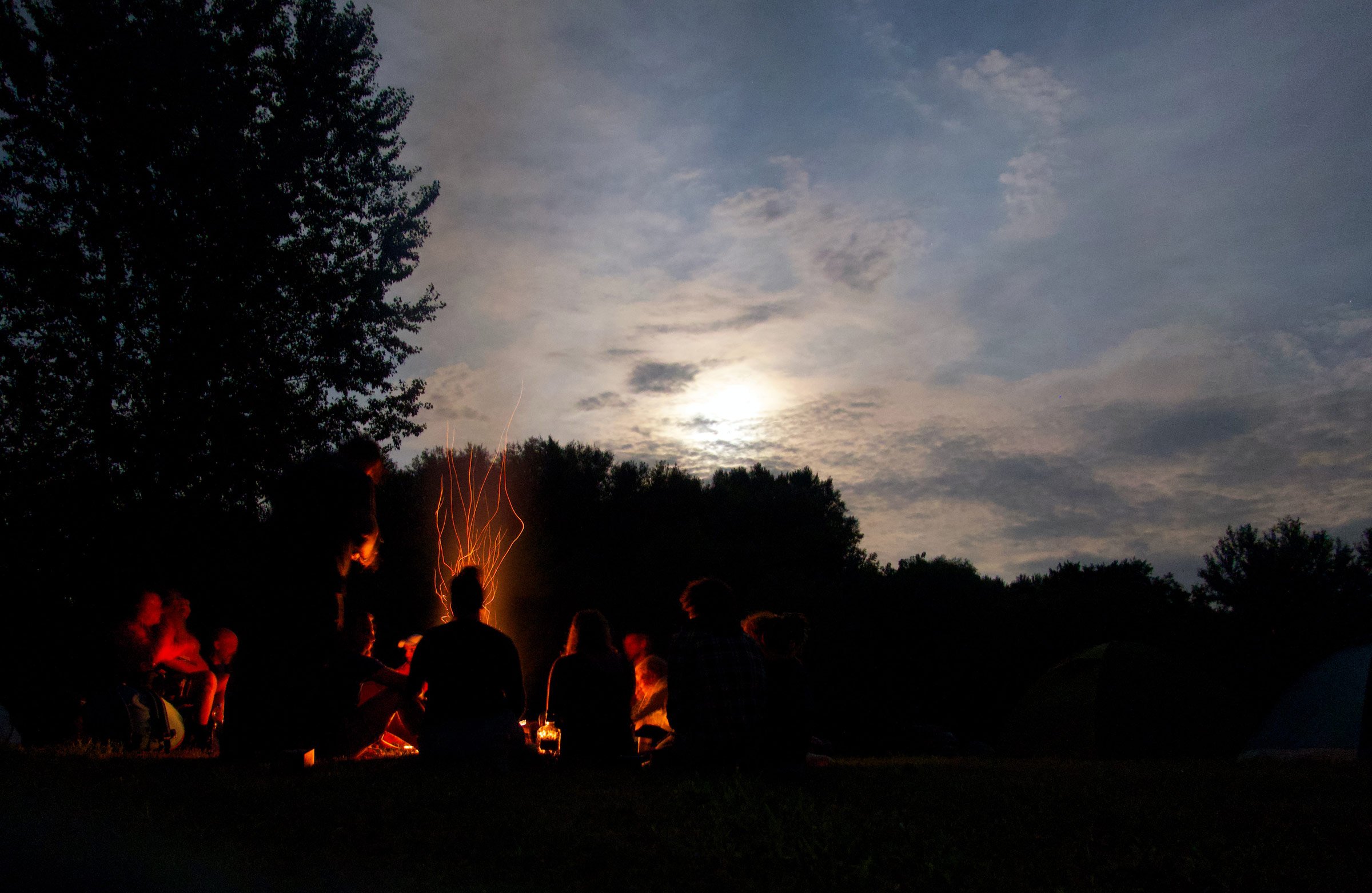Professor Alison Phipps – February 13, 2021 – 15 min read
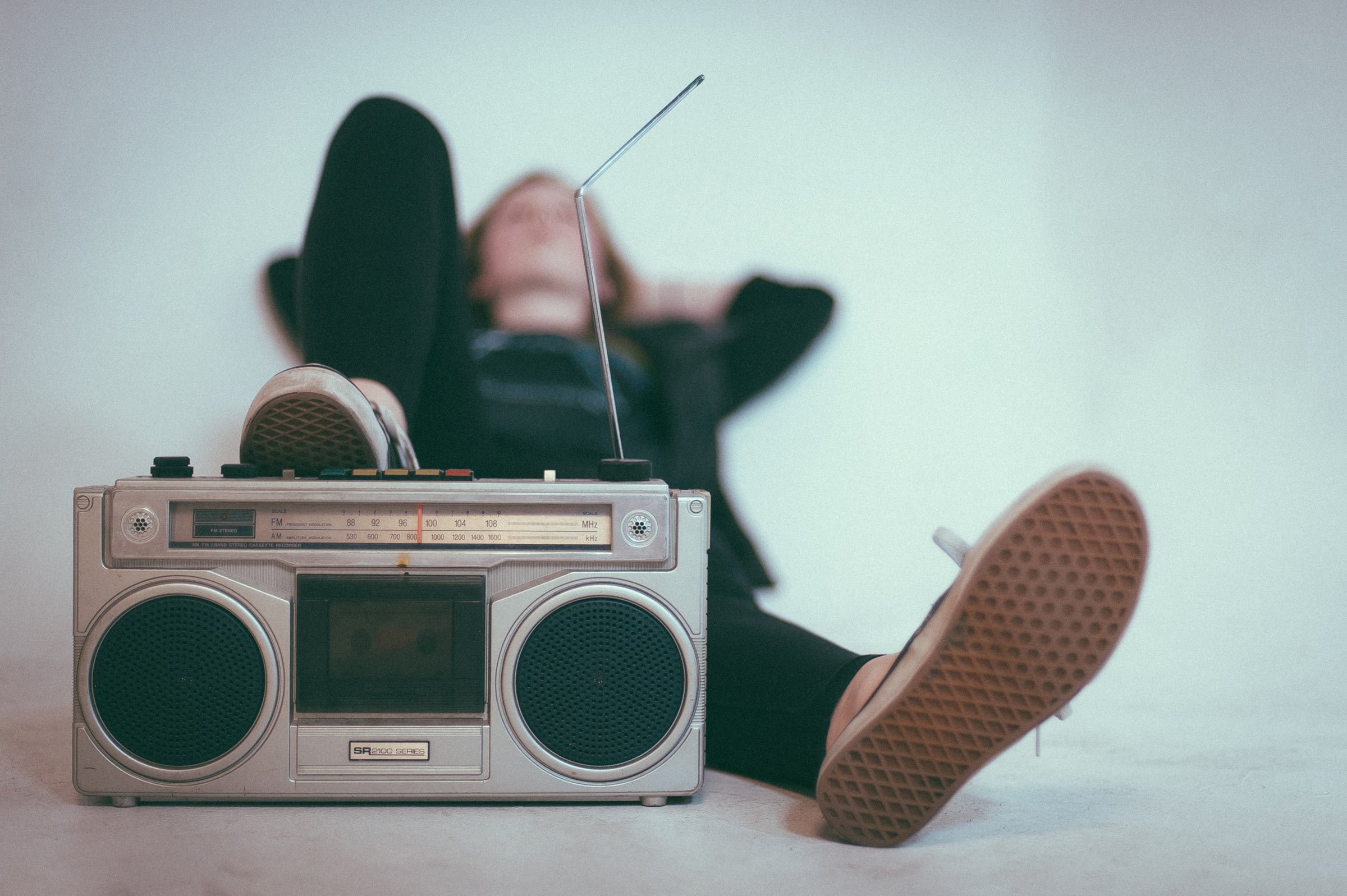
Like many people I often have trouble sleeping. And the multiple demons of the night accumulated from decades of working and living within a refugee family will wake me with multiple forms, and untranslatable bureaucracies, and harrowing stories which my body has stored, as part of the work of integration.
But like many other people, especially those I know of refugee-background, I have found radio to be a soothing solace. There is something about the way radio is home on the move and home in the home. There is something about the way radio, wherever I am in the world, reminds me of what is solid – the weather forecast; the traffic news; what’s happening locally, as well as on the international stage, the story-tellers and the music, Oh the music! Radio – the comforting soundtrack to life.
In particular, this is true of the beautiful magazine programme presented by Mark Stephen and Ewan McIllwraith – Scotland Out of Doors
As I travel round the world I’ll have their weekly programme downloaded on my phone so I can listen, when awake with jetlag, or worry, or just awake. And so it is at home too. It takes the listener all over Scotland telling the hyper local stories of how Scotland lives its life out of doors. The rurality, the UNESCO sites, the tiny projects attending to the life of the land come alive in the live show – presented in all weathers – from the Radio Scotland Aberdeen Car Park as they cook up an early morning breakfast on a camping stove.
There is a music to the humour and joshing between the two men who are clearly friends of many years work. They let the Gaelic, and Doric and Scots language of story telling and song accompany the places where these languages have long held root. Over the years the slightly macho outofdoorsyness of the programme has softened into a confident, refound focus on the folklore and ethnology of Scotland. The programmes researchers have refound the tales which were overlain with more English-oriented histories and curriculum for too many decades. Ewan and Mark (note my sense of familiarity with the show means I feel I’m on first name terms with these two voices I’ve never met except in the wee small hours) have both taken palpable delight in writing and presenting their own stories and retelling of folk traditions and strange histories.
As I wrestled for sleep the other night the programme focused on the traditions of Wassailing in the orchards and folklore of England, and how these traditions were coming back in their own forms. It’s a tradition I associate with my own home and folk traditions of South Yorkshire carolling around the pubs.
Wassail, the programme taught us, again, is a greeting of good health, and the wassail bowl, made of ash traditionally, was used to toast and to drive away the bad spirits from the apple orchards during the wassailing time in January.
“Here we come a wassailing among the leaves so green here we come a wandering so fair thee to be seen. Love and joy come to you and to you your wassail too and God bless you and send you a Happy New Year, and God Send you a Happy New Year.”
In Scotland this is the darkest time of the year and the gathering in of wassailing traditions from England has accompanied the growth in popularity of community orchards.
It’s easy, in my work on Refugee Integration through Languages and the Arts, to forget the way that ‘New Scots’ include many people like myself who have made a home ‘north of the border’; that our traditions can join those of other groups with traditions and songs and customs of the world of exile.
The discussion on the programme, with the recipe for a Wassail Cake, accompanying the breakfast being cooked up in the car park, and the sounds broadcast by the presenters ‘with a mouth full of cake’ soothes, integrates, respects, holds, and roots something new into something established.
Radio does this. It gives us tradition bearers, and tradition-renewers and tradition makers.
““Love and joy come to you ….”
I turn over….
“And to you your wassail too …… and God bless you and send you ….”
And I sleep.
Share this via…


